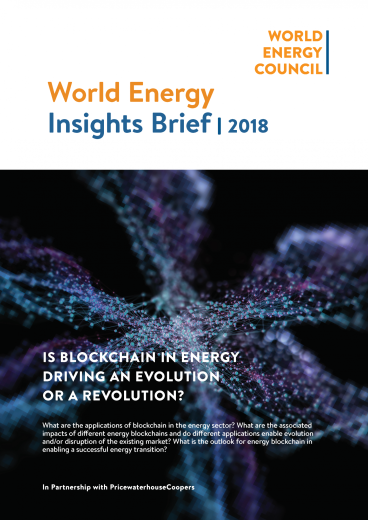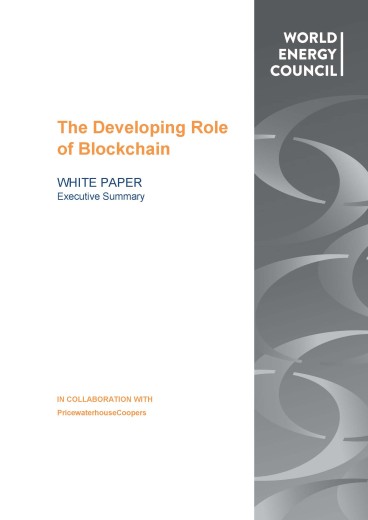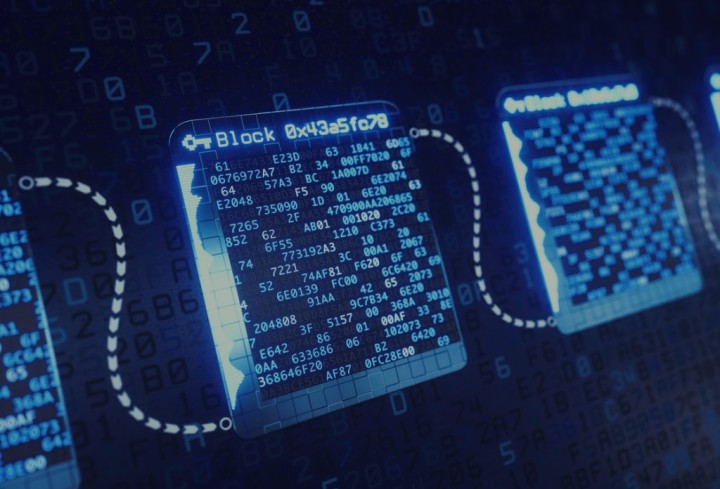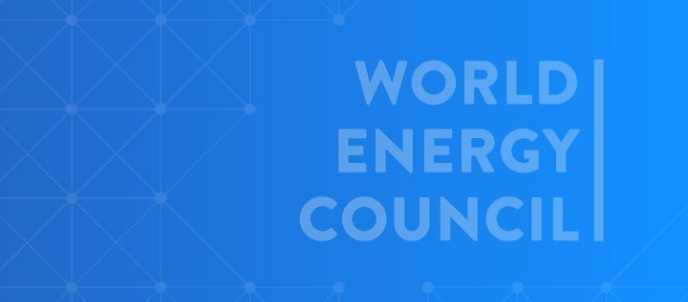"IF" Blockchain?
Although blockchain is viewed as a feasible technology to enable business process optimisation, its true transformative and disruptive nature has yet to be fully proven and understood. This was widely agreed by the majority of participants that attended the Council’s first Innovation Forum (IF) this month
The forum, hosted by Shell on 27 November, was a continuance of the Council’s Blockchain Insights Brief and Anthology of interviews, recently published in collaboration with PwC. It explores the viability and challenges of blockchain through the lens of creators, regulators and those in between.
Discussions focused on the plausible future scenarios for energy blockchain, identifying key barriers to these scenarios, and suggesting solutions to overcome key obstacles for blockchain to fulfil its transformative potential.
Energy experts convened at the event from across the entire spectrum of the energy sector including incumbents such as Engie, EDF Energy, Snam, among others as well as think-tanks such as the World Economic Forum, Energy Web Foundation, Rocky Mountain Institute; and new market entrants such as LO3, Sunrun, Electron, Verv and Faraday Grid.
-
The future of energy blockchain and its wider impact on whole energy systems transition and transformation cannot be predicted. Its full technological viability is still being worked out in the market and it is crucial to look at consumer and regulatory pull, not just technology push factors.
-
Energy blockchain developments are evident across the energy system. Working with key players in this domain, the Council identified 7 different use types that have already emerged: flexible trading platforms, emission trading systems, supply chain tracking, e-mobility, tokenisation and project financing, bitcoin mining and peer-to-peer trading.
-
Which issue is blockchain a solution for in the energy sector and what is its real value proposition and its advantages in comparison to other distributed ledger technologies?
-
Blockchain is surrounded by some misconceptions, including the idea that blockchain is bitcoin. If blockchain is to be more widely adopted in the future, education and clear communication to consumers, regulators and business leaders is essential.
-
The necessity to experiment outside regulatory constraints by means of ‘regulatory sandboxes’ is universally recognised as a requisite to assess the viability of specific use cases such as a peer-to-peer.
The Council will convene a regulatory round-table discussion in Brussels during the first quarter of 2019.






